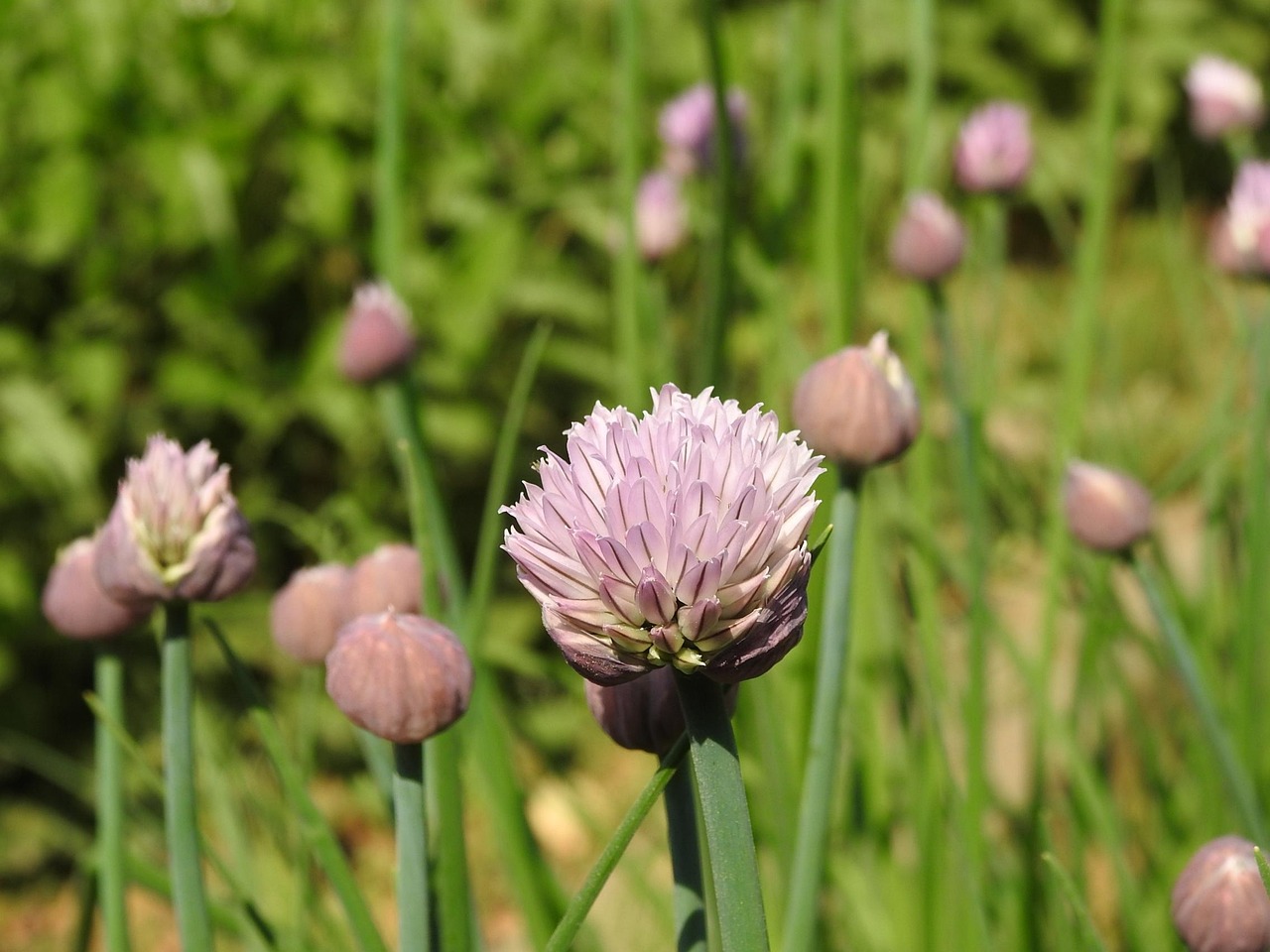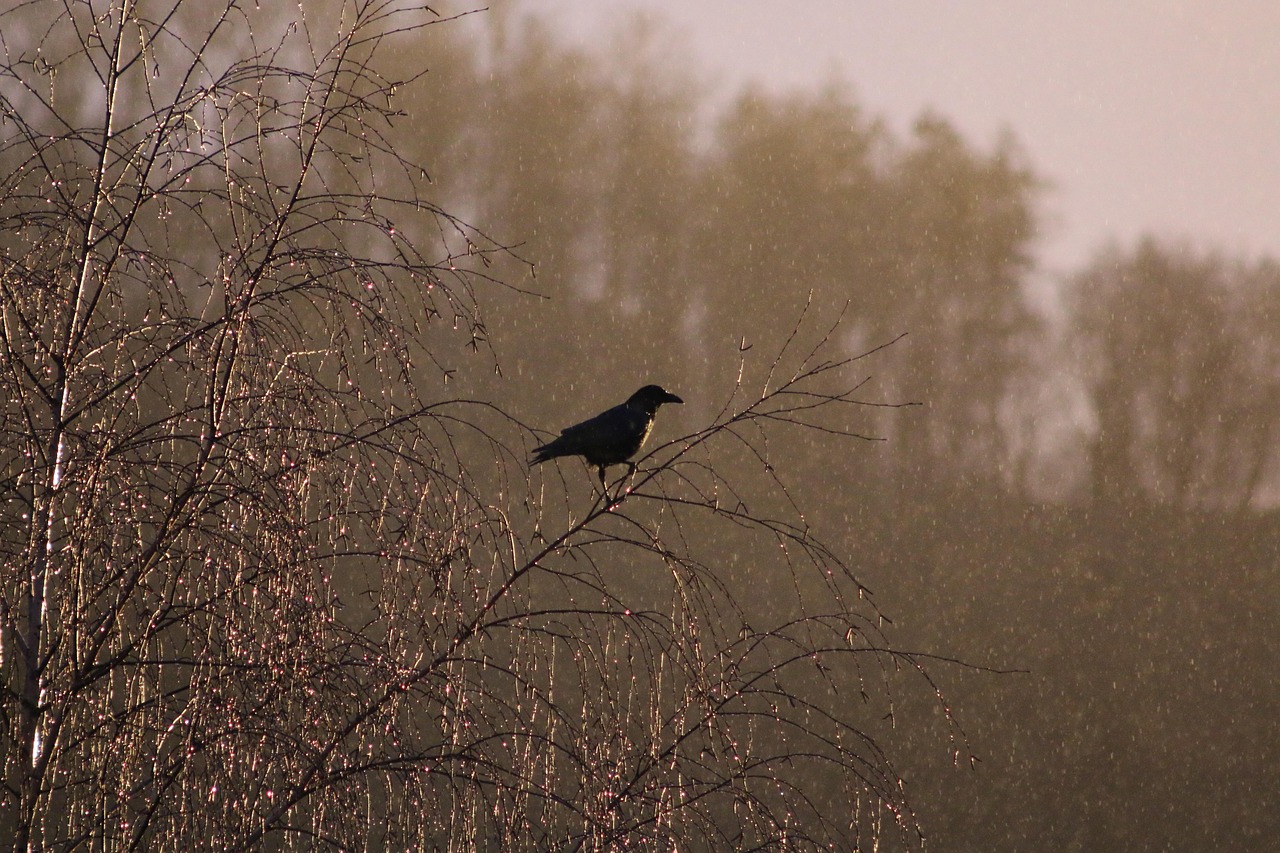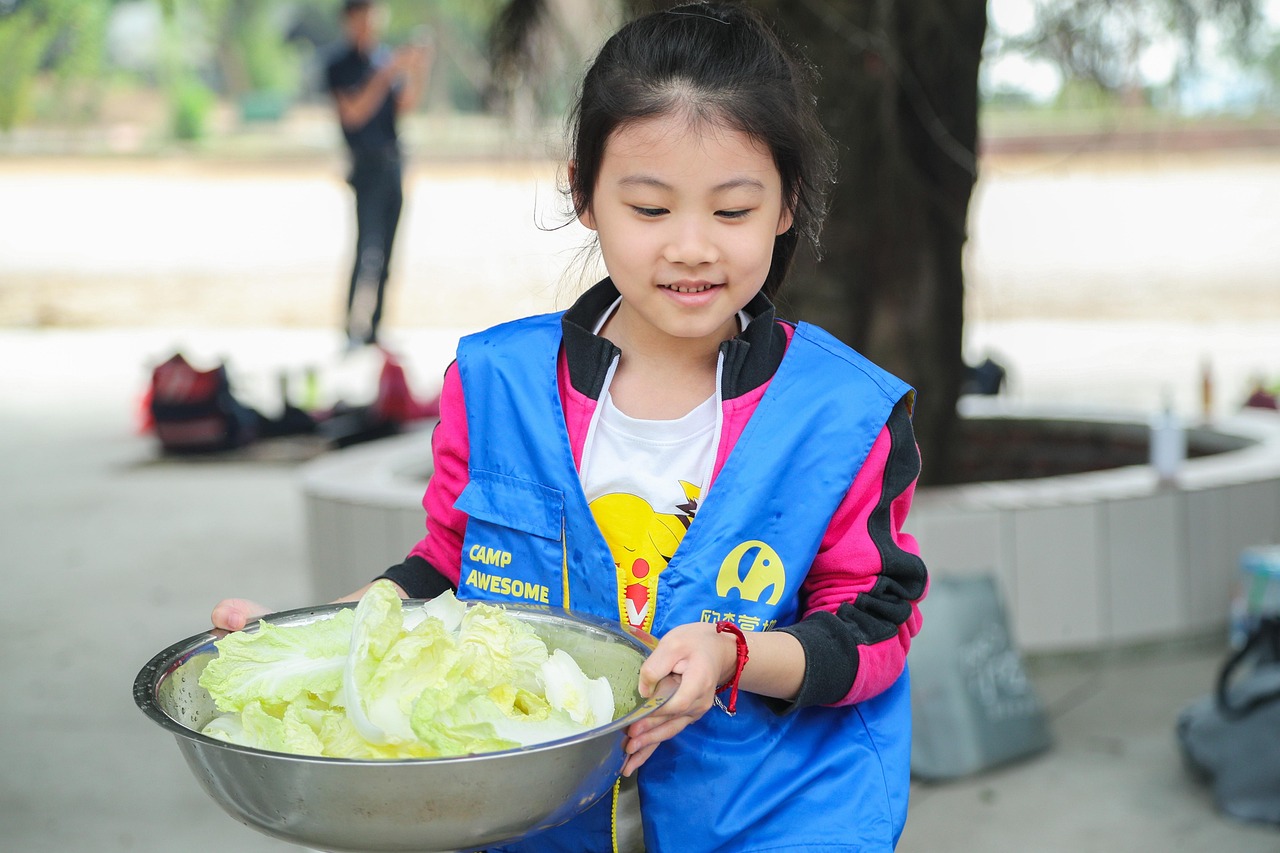Those of us in the congregation who are aged, infirm, or seriously ill, and who have faced our demise as a likely near-term event, look at the Unetaneh Tokef prayer with a different perspective:
We know that this prayer with its familiar and haunting melody is a central feature of the High Holiday Liturgy.
We know that the call for teshuvah, tefillah, and tzedakah is the core calling of these Holy Days.
We know that this ancient prayer is designed to capture our full attention by reminding us of our mortality and the need to live a life of Torah, filled with acts of loving kindness and humility in recognition of the Eternal Holiness that is a part of all living creatures.
But we also know that death is simply the end of a process that begins at birth. When we celebrate a birth, we pray that the infant shall live a long and righteous and joyful life. But we know that the longest, most righteous, and most joyful life must end in death.
Death is not a punishment for wrong doing. We may celebrate a person’s birth and mourn her death but we know the beginning of the process and the end of the process are part of the continuity of life itself. And so we participate in this liturgy on this Holy Day in gratitude for being part of the life process that continues forever and ever.
We are part of the design of the Creator on this day and on every day without measure.
We pledge ourselves to teshuvah, tefillah, and tzedakah until our death, in loving gratitude for that gift.












